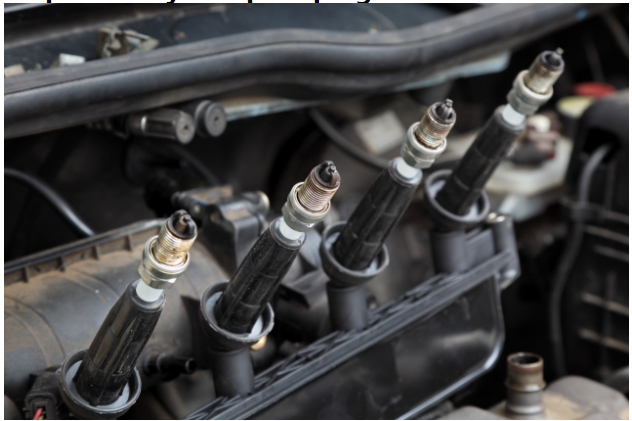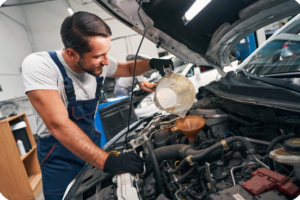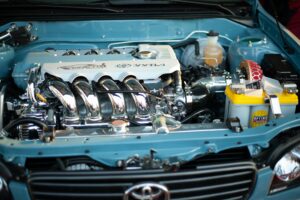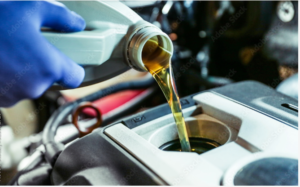Spark plugs play a vital role in your car’s engine by igniting the air-fuel mixture, thus powering your vehicle. Over time, spark plugs undergo wear and tear due to high temperatures and combustion forces, leading to diminished performance and potential engine issues.
Factors Influencing Spark Plug Lifespan:
- Driving Habits: Aggressive driving and frequent stop-and-go traffic can accelerate spark plug wear, while consistent highway driving at steady speeds may extend spark plug life.
- Fuel Quality: Poor-quality fuel with contaminants can lead to spark plug fouling and premature wear, while using high-quality fuel and additives can help maintain spark plug performance.
- Vehicle Age and Mileage: Older vehicles or those with high mileage may require more frequent spark plug replacements, while modern engine technologies may extend spark plug lifespan in newer vehicles.
- Engine Condition: Engine issues such as oil leaks or coolant leaks can degrade spark plug performance, while regular maintenance and addressing engine issues promptly can prolong spark plug life.
- Environmental Factors: Extreme temperatures, humidity, and environmental pollutants can impact spark plug longevity, while parking in a garage or using a car cover can help protect spark plugs from environmental damage.
- Spark Plug Material: Different spark plug materials, such as copper, platinum, or iridium, have varying lifespans, with higher-quality materials like iridium typically offering longer-lasting spark plugs.
Recommended Spark Plug Replacement Intervals:
- Conventional Spark Plugs: Typically, conventional copper spark plugs should be replaced every 20,000 to 30,000 miles or every two to three years.
- Platinum Spark Plugs: Platinum spark plugs have a longer lifespan and may last up to 60,000 miles or more before replacement is necessary.
- Iridium Spark Plugs: Iridium spark plugs are known for their durability and longevity, often lasting up to 100,000 miles or more.
By understanding the factors that influence spark plug lifespan and following the recommended replacement intervals, you can ensure optimal performance, fuel efficiency, and overall longevity for your vehicle.




